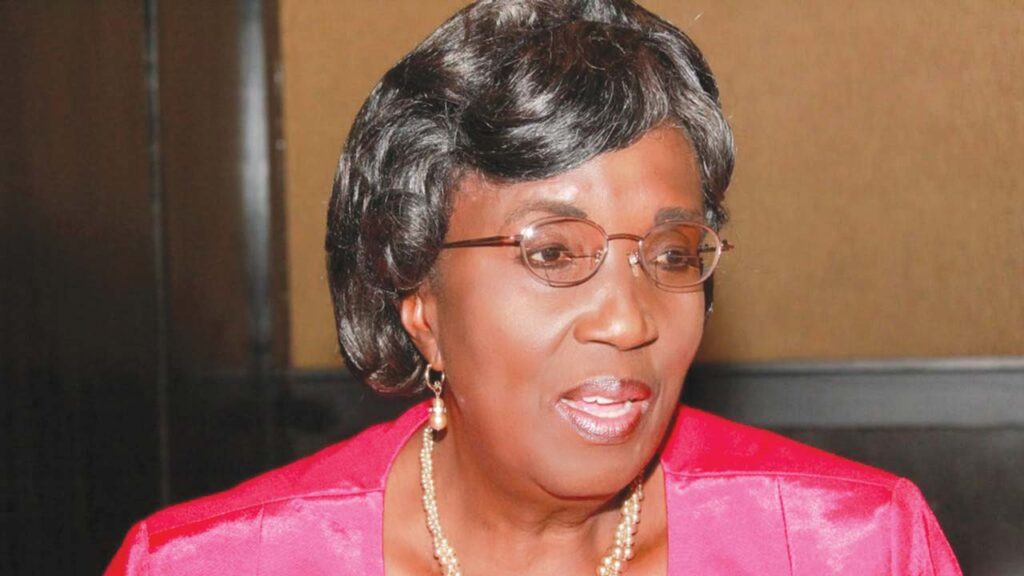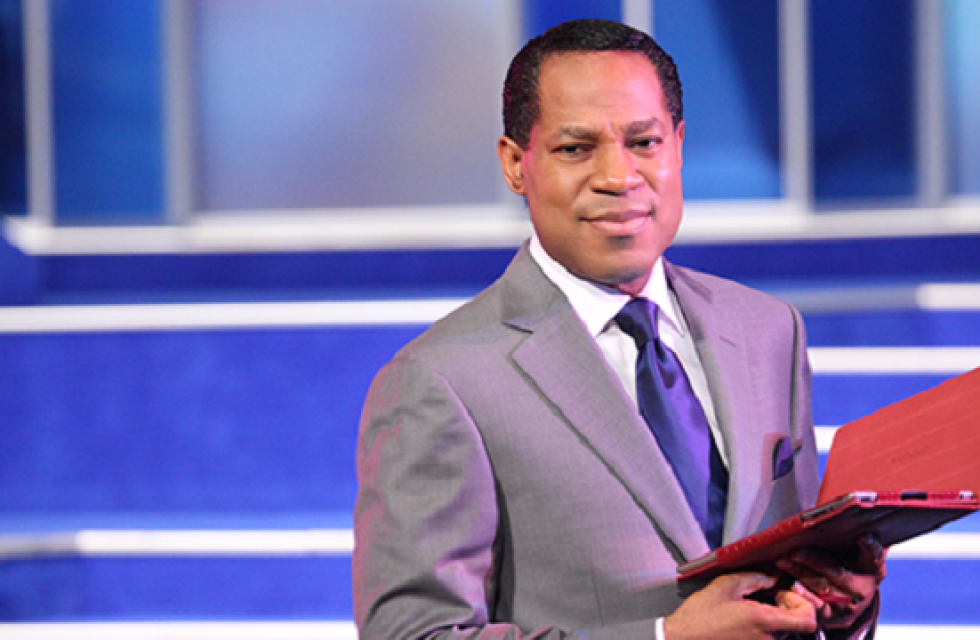
My grandparents gave birth to four children and my father was the only male. Because of their strong Christian beliefs, my grandfather refused to marry another woman outside Dorcas, my grandmother. After my parents had given birth to me, the other seven children were all females. But my father’s Christian foundation was not as strong as that of my grandparents. This made him have 21 children. Thank God that later in his life, he saw that he made a mistake and he repented and decided to walk the Christian walk.
The man loved education. All of my mother’s 11 children turned out to be university graduates. So, when I finished from University of Ife in 1980 and picked up a job, he expected me to help financially. Instead, after some time, I informed him and my mom that I wanted to get married. I borrowed a wrapper from a friend, while I went to my father’s room and took one of his hats and a walking stick. That was how I dressed on the day I paid Carol’s bride price.
When the bride price team had left, he asked me how many hats or walking sticks had I bought for him and yet I had the boldness to wear his hat and use his walking stick.
That made me sad, but not angry. I knew it was his moment of frustration due to the heavy financial load he was carrying. I knew it was a moment of weakness and not wickedness. I could hardly eat that night. I did not tell Carol or any other person what my father said to me. Why should a child be angry with his or her parents when the Bible tells children to honour their father and mother, so that, it shall be well with them. I did not want to behave like Noah’s middle son who saw his father’s nakedness and in laughter or anger announced it to his two brothers. I saw the behaviour of my father as his moment of weakness.
His, was financial frustration. Unlike the middle son who went to announce his father’s nakedness, I behaved like the first and last sons of Noah who covered their father’s weak moment.
Normal parents show much love and spend a large part of their lives labouring for the success of their children. Children should correct erring parents in love and deep respect. It is, therefore, not proper for a child to get angry, redefine relationship, disconnect, rebel or announce to family friends and foes how bad their parents are just because of one or two or three weaknesses. If such a child does not change his or her ways, something worse is likely to happen to them by far more than what they did to their parents.
It is difficult to find a child who disgraced his parents as Absalom did, to live long like a king David or to die the peaceful death of King David. Honour your father and your mother that it may be well with you. (Ephesians 6:2-3). Love you!













